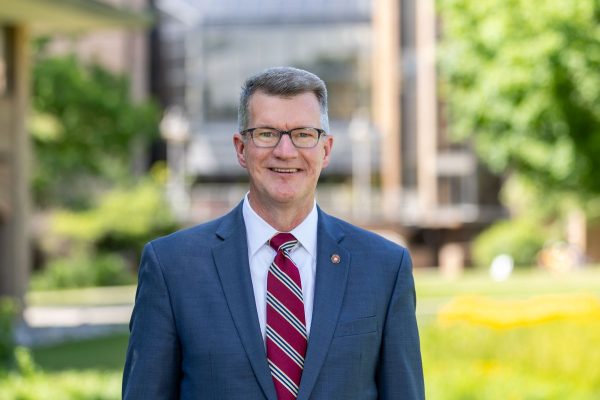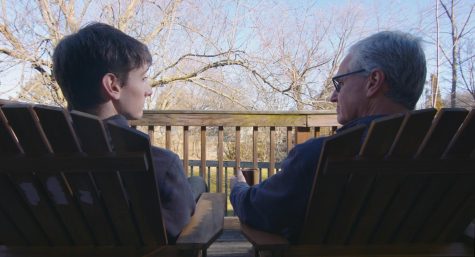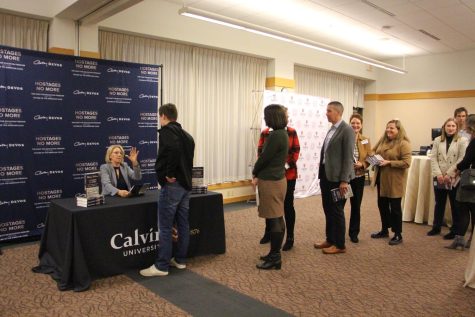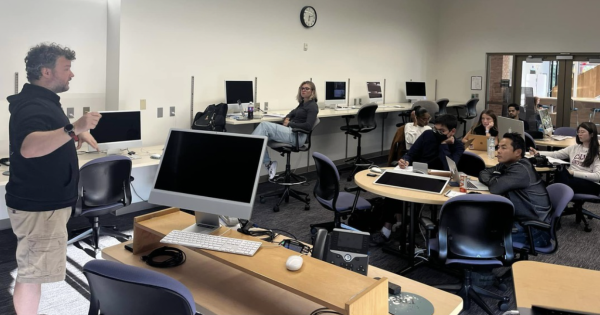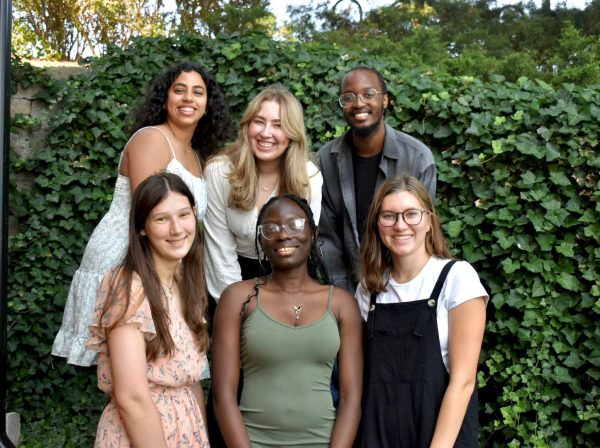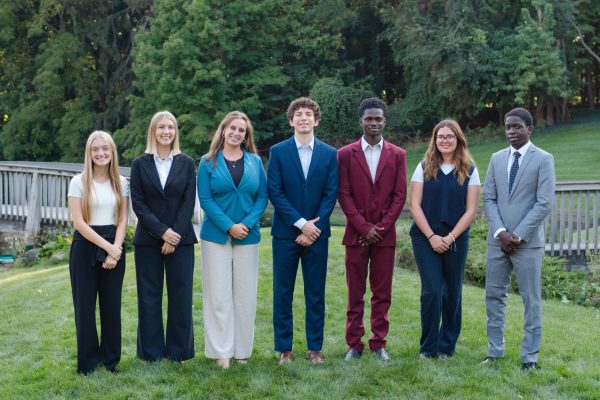Calvin awarded fall prevention grant
Pre-Health, social work, nursing, and speech pathology majors will assist in screening and educating seniors participating in the fall prevention program. Photo courtesy calvin.edu.
Updated: 2/28/18, 12:28 a.m.
The Michigan Health Endowment fund recently awarded the Calvin College speech pathology department a $433,394 grant to implement a fall prevention program to educate Grand Rapids seniors.
According to the Center for Disease Control and Prevention, 2.8 million older adults are treated in the emergency room each year for fall-related injuries. As of 2011, the Michigan Department of Community Health has been observing an increase in deaths related to falls since 1999.
Given Michigan’s icy winter conditions, falls are a serious concern for residents, particularly seniors. Falls are dangerous and can be debilitating, which frightens individuals in at-risk populations. Thus, the program will work to decrease fears of falling in seniors as well as providing balance training and education on safe home habits like installing nightlights or getting rid of rugs and other trip hazards.
Seniors will come in to the Calvin College Rehabilitation Services office for an initial screening staffed by students, with oversight by licensed professionals. The screening will access their balance, vision, hearing, blood pressure, glucose and other factors related to fall risk.
Based on their level of need and confidence, they will begin one of two programs. Those who are at a lower risk and require less training will go through Matter of Balance, provided through the Area Agency on Aging of Western Michigan (AAAWM) who is partnering with Calvin for this program.
Those at a higher risk and in need of more intensive education will participate in the program at Calvin where they will attend a two-hour class once a week led principally by student volunteers.
The program will rely heavily on volunteer involvement from students in pre-health, speech pathology, nursing, social work and various other departments at Calvin, in addition to occupational and physical therapy faculty and students from Western Michigan University and Grand Valley State University. Calvin College Rehabilitation Services and (AAAWM) and The Association for the Blind and Visually Impaired will assist in developing and implementing the screening and education provided in the program.
The program features collaboration between students in different health-related fields.
“We hope our students begin to appreciate what the other students [in other fields] are doing and be able to support each other. I think that will be a real win for Calvin students,” said Steven Vanderkamp, clinic director of rehabilitation speech pathology and audiology at Calvin College Rehabilitation Services.
Vanderkamp hopes that the program will help students understand specialties outside their own. This will enable them to help future patients more effectively through integrated care. For example, a speech pathologist might be able to develop better exercises for a patient if they know what kinds of treatment the patient’s occupational therapist is providing.
Claire Sterr, a graduate speech pathology student interning at Calvin College Rehabilitation Services, also noted the professional value of working with individuals in the same field but different specialties.
“It has also been a pleasure to gain a closer look at the role of other professionals such as physical therapists, occupational therapists, nurses, social workers and vision specialists,” Sterr said.
“I have learned about the work of these professionals in several of my classes, but it has been a unique experience to see what it looks like for these disciplines to all work together so closely and comprehensively!”
Jake Kalkman, a junior and pre-med student, is excited about the connection the new program builds between Calvin and the larger community.
“The people who participate in the [program] will, hopefully, benefit from the program and it also gives them an opportunity to see what’s going on at this institution within their community,” he said.
The program will also allow students to try new educational ideas and methods with the participants as they help develop the program. Projects like these provide valuable real world experience, a great addition to medical school applications and interviews, said Kalkman.
Six months after the completion of the course, Calvin therapists and volunteers will call participants to check in.
“It’s a little bit of a longer study to see if we really made an impact,” said Vanderkamp.
According to Calvin’s website, the course will cost each participant $25 and will provide eight weeks of classes beginning in March 2018.




